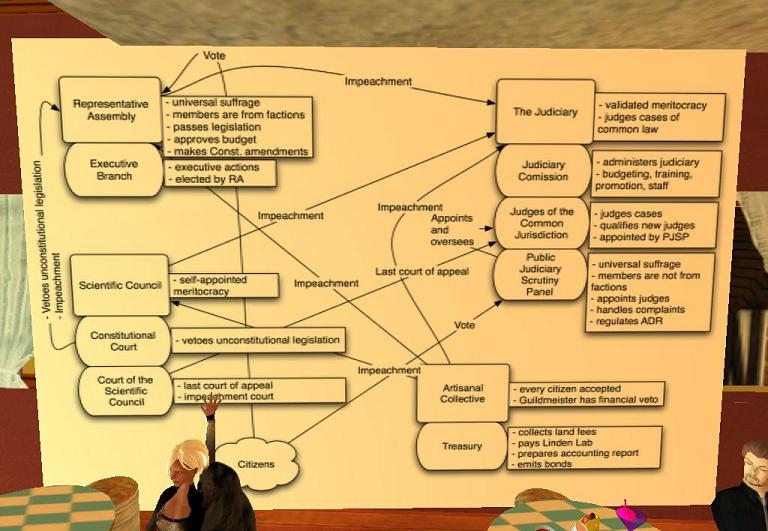Online meetings can be more effective than face to face
Thursday, December 21, 2006
Movanet
Supporter of virtual lawfirm concept might be interested knowing this:
Face-to-face meetings are expensive to schedule and run. They might involve travel costs or come at inconvenient times, when attendees are busy or tired. Time is wasted when people come late, talk about irrelevant topics, or leave early. Meetings are also subject to many types of biases. How loudly do people talk? How deep are their voices? What do the people look like? How is the furniture arranged? How are people dressed? What is each person’s body posture? Who has the power? How does the group leader guide the meeting? Does the group nurture dissent? Do people have preconceived positions on the topic at hand?Sometimes communication is more to form rather than content. As a result, people tend to focus on how we say and deliver things and not what we said. With written language, things like these can be masked. See the report here.





Recent Comments